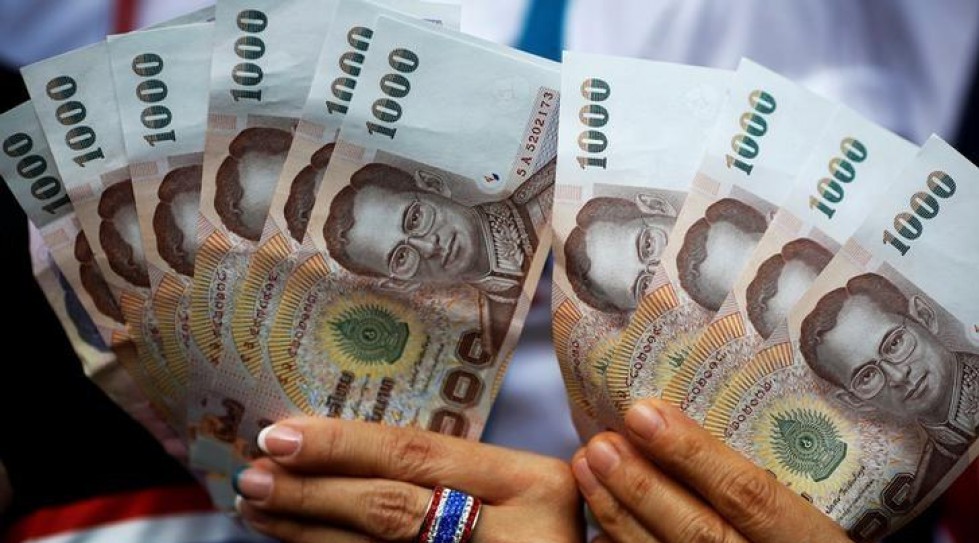The Asian Development Outlook (ADO) 2020 Update forecasts -0.7% gross domestic product (GDP) growth for developing Asia this year—marking its first negative economic growth since the early 1960s.
Growth will rally to 6.8% in 2021, in part because growth will be measured relative to a weak 2020. This will still leave next year’s output below pre-COVID-19 projections, suggesting an “L”-shaped rather than a “V”-shaped recovery. About three-quarters of the region’s economies are expected to post negative growth in 2020.
Key Messages
- Developing Asia will contract by 0.7% this year, its first contraction in six decades. Growth will rebound to 6.8% in 2021.
- The downturn is broad-based—three-fourths of the region’s economies are expected to contract this year. The People’s Republic of China (PRC) is an important exception.
- Depressed demand and low oil prices offset supply disruptions, keeping regional inflation at 2.9% in 2020, and trimming it to 2.3% in 2021.
Thailand to contract 8% this year
Thailand’s economy is expected to shrink by 8%, compared to 6.5% in the previous ADB assessment.
Strict quarantines and travel restrictions inflicted brutal second-quarter economic declines in the subregion, requiring steep downgrades to GDP growth forecasts for almost every economy.
The quarter featured double-digit contractions in Malaysia, the Philippines, Singapore, and Thailand, all of which are now expected to shrink by or more this year.
“Most economies in the Asia and Pacific region can expect a difficult growth path for the rest of 2020,” said ADB Chief Economist Yasuyuki Sawada. “The economic threat posed by the COVID-19 pandemic remains potent, as extended first waves or recurring outbreaks could prompt further containment measures.
Consistent and coordinated steps to address the pandemic, with policy priorities focusing on protecting lives and livelihoods of people who are already most vulnerable, and ensuring the safe return to work and restart of business activities, will continue to be crucial to ensure the region’s eventual recovery is inclusive and sustainable.”
A prolonged COVID-19 pandemic remains the biggest downside risk to the region’s growth outlook this year and next year. To mitigate the risk, governments in the region have delivered wide-ranging policy responses, including policy support packages—mainly income support—amounting to $3.6 trillion, equivalent to about 15% of regional GDP.
Other downside risks arise from geopolitical tensions, including an escalation of the trade and technology conflict between the United States and the People’s Republic of China (PRC), as well as financial vulnerabilities that could be exacerbated by a prolonged pandemic.
About the author
Boris Sullivan is a business news editor based in Hong Kong. He has over 15 years of experience in covering the latest trends and developments in the Asian markets, as well as the global economy.









